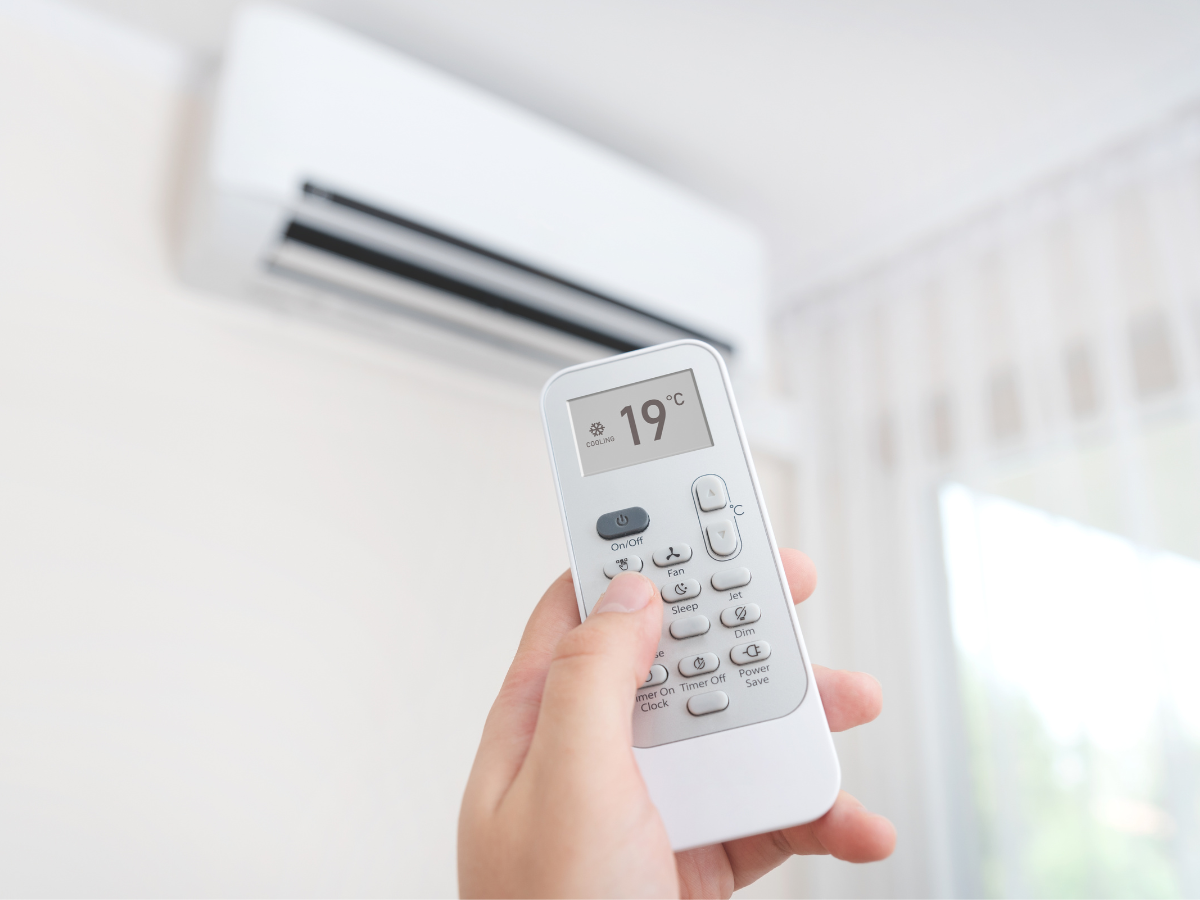Simple Maintenance Tips to Make Your Air Conditioner Summer-Ready
Air conditioners are household necessities to keep you cool during summer when the heat can be unbearable. AC’s are susceptible to heat damage though, so air conditioner maintenance is essential to prolong the life of your unit.
12 Air Conditioner Summer Maintenance Tips
A home air conditioner is known to work hard for you so you can get the comfort level that you require. This is especially true in summer, when your unit constantly runs at maximum efficiency. This makes the air conditioner prone to early damage. Here are some tips to keep your unit in top shape.
- Filter Cleaning
AC’s not only circulate cool air throughout your home; they also collect and transport old air. Over time, this process can cause the air filter to become clogged with allergens and dust. This reduces airflow to your furnace, making it less efficient. This situation can also cause your system to produce loud sounds, but not enough air. Clean your filters at least once per month to prevent this from taking place.
- Use the Thermostat
An air conditioner thermostat can sense how warm the temperature is inside your room and adjust your AC accordingly. If a thermostat is unavailable, you can program your unit manually.
- Use a Ceiling Fan
Ceiling fans can be used in conjunction with air conditioners to save energy. This will not only reduce your AC’s power consumption, it can also prolong its life. Fans can likewise be used to adjust your thermostat to a warmer degree than what you might have otherwise been unable to tolerate.
- Close All Openings
A tire that leaks slowly will require more air; the same applies to cooling your home. If your windows and doors are open, your air conditioner can’t pump enough cool air. This can be prevented by using weather stripping, insulation, and caulking to close any gaps or openings.
- Turn off your AC
It is best to turn your air conditioner off when you aren’t home. Many people don’t do this because they want their rooms to be cold when they return home. This is hardly a good idea, per a Dunrite HVAC San Jose specialist, because this can cause your AC to work harder even when it isn’t needed.
- Clean the Vents
To ensure smooth airflow, clean the vents every 3-4 months, and keep this open if it is inside your room. This will allow airflow to move much faster because there is less space to cover.
- Maintain a Shady Room
By closing the curtains, you can keep the sun out of a room. In summer, UV rays can heat an area excessively, and this will cause the AC to pump more cool air, but heating up the unit in the process.
- Create Space
An air conditioner’s indoor and outdoor units must be placed in a particularly large area. This should ideally be free from obstructions such as walls, pillars, or large furniture so that your unit can draw in and expel air easily.
- Clean the AC Outdoor Unit
The outdoor unit of an air conditioner is just as important as the indoor one. If the first is damaged, the latter will not work as efficiently. Thus, you must clean the condenser coils and the compressor as these comprise the AC outdoor system. The coils, in particular, may become dirty, making them incapable of absorbing heat. Use a garden hose when cleaning the coils, but make sure that the electrical connections are not damaged.
- Inspect the Insulation
A damaged insulation can affect the cooling power of an air conditioner. Check the AC insulation system that covers the coolant pipes each summer so the onset of any damage can be prevented.
- Get an AC Warranty
Even if you do everything possible to keep your air conditioner unit safe, there are still unknown factors that could cause it to stop working. In this regard, work on securing a product warranty to protect your wallet and your health. This will reduce the cost of replacing your system, much less fixing it.
- Set a Maintenance Date
While you can do everything you can to maintain a functional air conditioner, only a professional technician is qualified to diagnose accurately any AC problem. Set a maintenance schedule with your technician in advance, preferably before the temperature becomes too hot.
Key Takeaway
While air conditioners are generally expected to run at full capacity during the hot months, this does not happen all the time. Just like other home appliances, AC’s can succumb to damage caused by excessive heat. Thus, you need to ensure that your unit is ready to face summer, and this can be done through regular cleaning of selected parts like the air filters and the insulation system.
Unit maintenance is also recommended. An annual inspection of your air conditioner by a professional technician can help check electrical wirings, examine coolant levels, and identify any serious problems that may have developed over the years.

